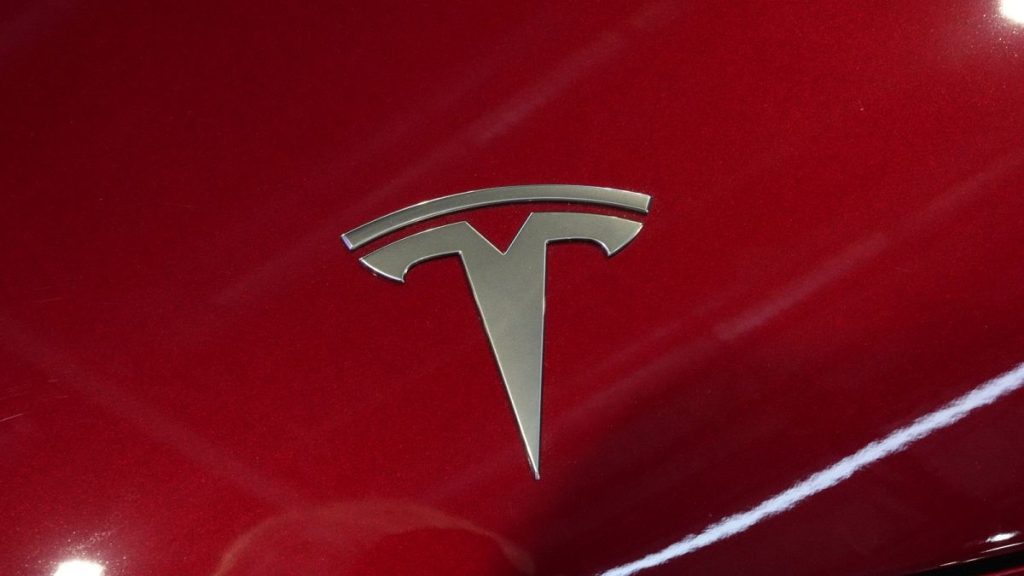Tesla’s 2024 performance marked a significant departure from its historical trajectory, registering its first annual sales decline in nearly a decade. The electric vehicle giant delivered 1.79 million vehicles, a 1.1% decrease compared to 2023, signifying a cooling in the global demand for EVs. While a late-year surge saw a 2.3% increase in deliveries during the final quarter, it proved insufficient to offset the overall downturn experienced throughout the year. This end-of-year push came at the expense of profitability, as analysts project a drop in Tesla’s average sales price to its lowest level in four years. The company’s aggressive discounting strategy, implemented earlier in the year to stimulate demand, further eroded its industry-leading profit margins. Tesla’s product mix shifted towards the more affordable Model 3 and Model Y, which constituted the bulk of its sales, while the pricier Model S, Model X, and the newly launched Cybertruck accounted for a considerably smaller portion, with only 23,640 units sold.
Several factors contributed to Tesla’s sales slump. Consumer anxieties surrounding EV range, charging infrastructure availability, and elevated prices played a significant role. Simultaneously, intensified competition from both established automakers and emerging EV startups chipped away at Tesla’s market dominance. The company’s ambitious 2022 projection of a 50% annual sales growth proved overly optimistic, hampered by an aging product lineup and intensifying competition in key markets like China, Europe, and the US. BYD, a Chinese EV manufacturer, emerged as a formidable competitor, reporting a substantial 41% surge in total vehicle sales in 2024, including 1.77 million EVs. Although Tesla narrowly outsold BYD globally in 2024, the latter presents a serious challenge to Tesla’s ambition of remaining the world’s leading EV manufacturer.
Despite the decline in sales, Tesla’s stock performance presented a contrasting picture. Following a 7% dip on Thursday, the company’s share price had nevertheless climbed by over 50% in the past 12 months, fuelled by investor optimism following Donald Trump’s presidential election victory in November. Market speculation anticipates that the incoming administration will relax EV regulations and potentially facilitate Tesla’s development of self-driving technology. This positive investor sentiment underscores the market’s perception of Tesla as more than just a car manufacturer, viewing the company as a pioneering force in disruptive technology.
Industry analysts hold diverging views on Tesla’s prospects. Some, like William Stein of Truist Securities, predict ongoing sales challenges for Tesla in the coming months, anticipating further price reductions to bolster sales, a move expected to negatively impact the company’s financial performance. Conversely, others, such as Daniel Ives of Wedbush, maintain a bullish outlook on Tesla stock, dismissing the sales dip as a minor setback in the company’s broader strategic vision. Ives views Tesla as a disruptive technology leader rather than merely a car company, arguing that the company is on track to achieve its long-term goals. This contrasting perspective highlights the uncertainty surrounding Tesla’s future performance and the differing interpretations of its current challenges.
Tesla’s 2024 results underscore the evolving dynamics of the EV market. The company’s unprecedented sales decline signals a shift from the period of unbridled growth Tesla enjoyed in previous years. Increasing competition, combined with growing consumer sensitivity to price and infrastructure concerns, presents a new set of challenges for the EV pioneer. While Tesla maintains its position as a major player in the EV landscape, the company must adapt to the changing market realities to maintain its competitive edge. The upcoming release of Tesla’s fourth-quarter earnings will provide further insights into the company’s financial health and potentially shed light on its strategic response to these evolving market dynamics.
The interplay of various factors – rising competition, consumer preferences, regulatory changes, and technological advancements – will shape the future trajectory of the EV market and Tesla’s place within it. The company’s ability to navigate these complexities, innovate technologically, and adapt its pricing and product strategies will be crucial to its sustained success. The market’s response to Tesla’s upcoming earnings report will likely offer a glimpse into investor confidence in the company’s ability to overcome these challenges and maintain its position at the forefront of the electric vehicle revolution.














